Dive into partner ecosystem, data sharing, and how Pandium is facilitating the connection between product development and partnerships in this interview with Cristina Flaschen, CEO of Pandium.

Driving revenue and retention through integrated tech ecosystems
“We decided to build what we see as the future of integration, which is less about workflow automation and more about native connectivity.”
Cristina, like many, was using more traditional integration tools to run her business in her roles leading technical solutions for SaaS companies. It became apparent very early on that existing tools weren’t built for product integrations. They lacked essential components like trackability, a partner portal, and the ability to manage and support thousands of end users at scale.
Cristina was responsible for tracking ROI on product integrations, but this was difficult as her engineering team was struggling.
The integration tools they bought were supposed to accelerate the delivery of integrations to customers, but these tools did not meet her customers’ business needs out of the box.
Her engineering team had to learn the ins and outs of the tool so they could code around it. They weren’t able to use their regular programming skills, best practices, or standards. To say the least, those tools were limiting, and frustrating for engineers because they were not interested in investing time in becoming experts in a particular integration platform.
Cristina and her co-founder Shon Urbas experienced this challenge together at a previous SaaS company. With decades of experience in the space, they had both tried to deliver customers integrations at scale multiple times and they always faced the same problem with existing tooling.
The straw that broke the camel’s back was when they tried to build an app store for their SaaS company. Yet again, they encountered the same struggles.
In response, they decided to build Pandium, a platform targeted towards what they see as the future of integration, which is less about workflow automation and more about enabling native connectivity.
As Pandium grew, they began layering in more features designed to drive distribution, revenue, and partnerships.
They learned more about the different personas driving revenue and retention through integrated tech ecosystems. They became laser-focused on building a product that enabled each person to achieve and track the ROI from technology partnerships.
A different approach to integrations
When they set out to build Pandium, Cristina, and Shon were thinking of all the internal and external parties that go into building a SaaS ecosystem. They considered:
- Who are the people that are involved in making a SaaS ecosystem successful
- What data do these people need to access and track
- How do they want to use a product
- How do we meet them where they are as a persona and a user
- How do modern software companies build things
They took a very different approach than traditional integration tools, which can be great for internal workflow automation, but don’t enable native connectivity for customers. They decided to productize all the infrastructure around product integrations at scale, while empowering engineers to code as they normally do and continue to follow engineering best practices in their work.
And so became Pandium, a platform that helps B2B software companies maximize distribution and revenue through technology partnerships. What does that actually mean? Pandium is an infrastructure tool that helps SaaS companies build app marketplaces and enter the marketplaces of their larger partners.
Cristina and her team have seen integration marketplaces become more critical as the way that B2B software buyers purchase software has continued to shift from a sales rep-based model to more self-discovery, self-signup, and self-purchasing.
As traditional marketing and sales channels have become less effective and more saturated, the need for technology that empowers software companies to leverage new channels has grown even more important.
The evolution and future of technology partnerships
Cristina did her first integration projects in 2006 and 2007 for enterprise products, including one for a Fortune 500 manufacturing company.
At that time, integrations were reserved primarily for enterprise-sized projects and were all custom and one-off. The concept of integrated tech partnerships was nascent. Integration was more about the need for companies to move their data internally between two places.
In the last 15 years, tech partnerships have accelerated, becoming important not just to the top SaaS companies, but even to early-stage companies who think about partnerships as a growth metric.
Cristina and her co-founder noticed that around 2017, companies like Salesforce and Netsuite became much more ecosystem-friendly. They, and all of B2B tech, watched as this trend began to force the more traditional enterprise software companies to think more openly.
“We saw a very strong market signal when SAP or Microsoft Dynamics or any of the FinTech companies started opening up their systems a little bit when traditionally they had been walled off in black boxes. We saw this as a strong indicator that a shift would be coming in the market. We’re not moving towards monolithic data silos; we’re moving towards point solutions being integrated within ecosystems.”
And this she notes as the beginning of a shift in the way people think about their operational stack. She believes that partnerships and how they contribute to the growth of revenue for software companies will only increase in importance.
“I think we’re going to see more software companies bringing on partnership folks early on because of the new concept of sharing the customer versus owning the customer.”
Companies are moving away from building and customizing everything in-house. Instead, SaaS companies are providing an excellent experience for customers and giving them more options out of the box.
Another trend that Cristina thinks we’ll continue to see is companies that make their entire product an app exclusively for keystone systems, like Salesforce or Shopify.
“These are products that are being built specifically to sidecar onto another piece of software. And I think we’ll start seeing more and more of those too. Especially as we are seeing more people coding and these companies are making it easier to build on top of them.”
How better data sharing improves outcomes for partnership leaders
When it comes to attribution, there are a lot of challenges. Many organizations do not have visibility into integration installs or usage, and are not seeing what the impact is on retention.
Partnership managers need accurate data to show their impact and understand where to invest their resources. In Cristina’s opinion, data around integrations enables you to understand where customers are spending their time and which partners are bringing in new customers. "You can see what people are installing, and you can see the usage patterns."
“I think it is incredibly valuable. I believe partnership folks want to bring back to their teams the ability to say, ‘Hey, we built this, and I can show you what the adoption was. I can track it back to specific accounts that we are trying to convert,’ or any other KPIs they’re trying to track.”
Why is PX (partner experience) essential to consider for B2B companies?
Partner experience is a new concept. PRMs are not necessarily the right tools when trying to establish an excellent or memorable tech partner experience. Cristina believes meeting your personas where they’re at is the best way to succeed.
Ask:
- What does a tech partnership person at a SaaS company need?
- What do the people who are going to be implementing this solution, app, etc., need?
She believes it has to start at the top with self-serve portals and a place for partnership, product, and engineering folks to get access to the docs they need. She also thinks that the PX experience goes hand in hand with the developer experience.
“If developers will be submitting apps, they need to have a place to go to get all the information they need. They need to understand what the submission process looks like and, ultimately, have a place to publish those apps. This, in our world, is an app store.
Partners should be able to build into your app, and you should be able to approve the app and publish it to your app store. Then both you and your partner should be able to see installs and usage around that app. Everybody wins because the partnership leader and the product folks who are ultimately responsible for reporting have access to all of that data around usage and, and installations and things of that nature.”
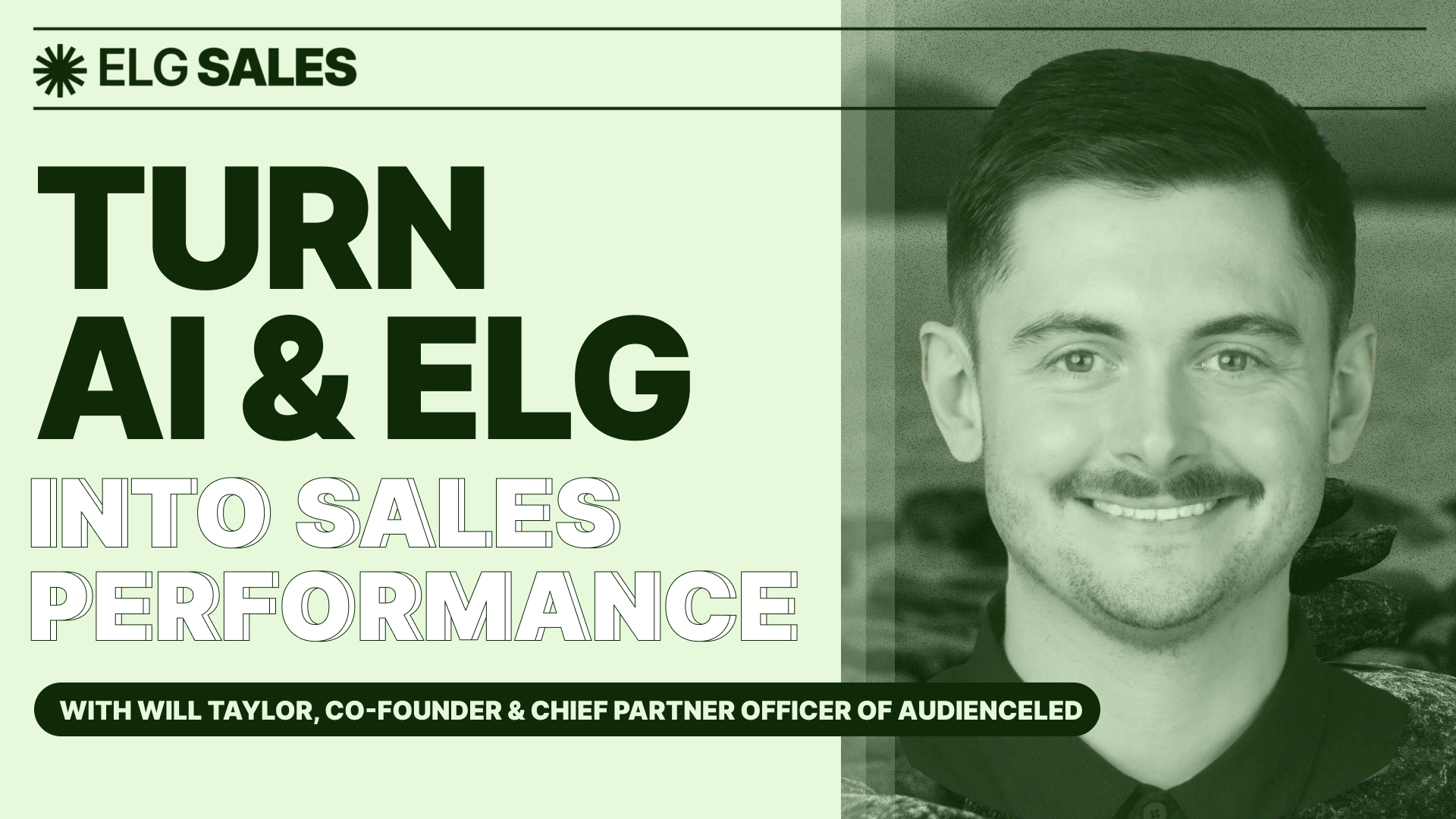
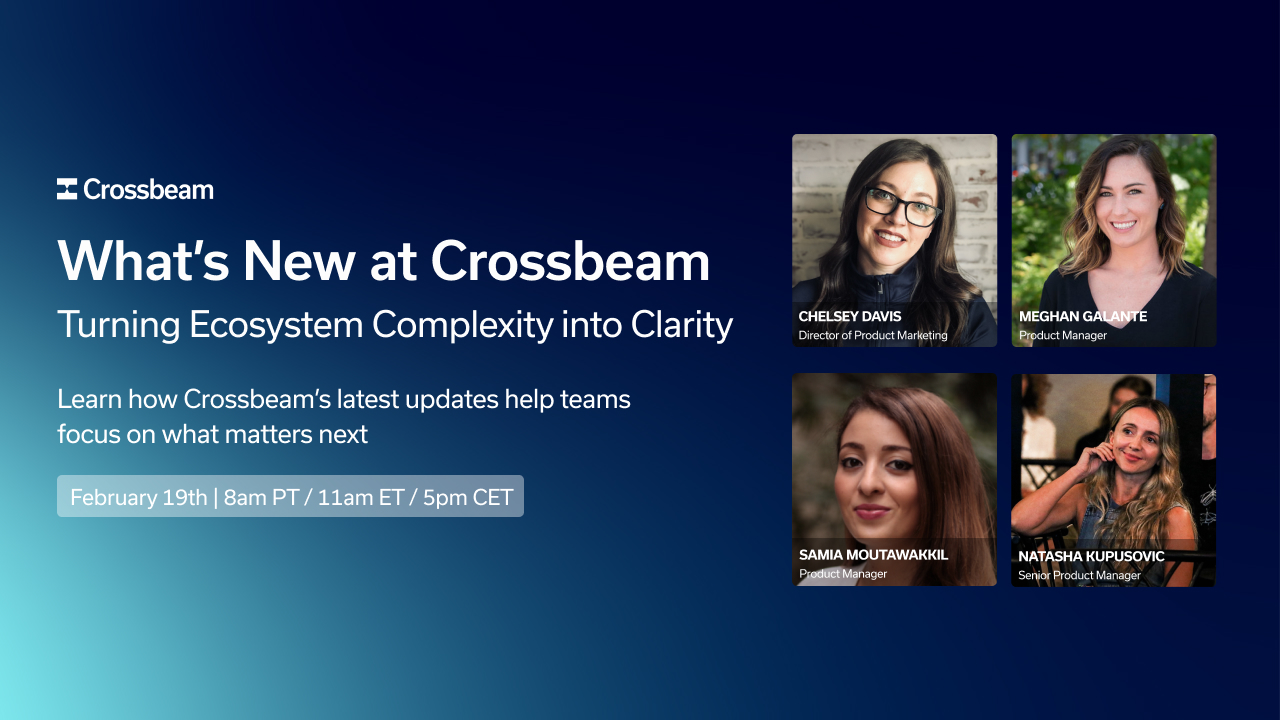
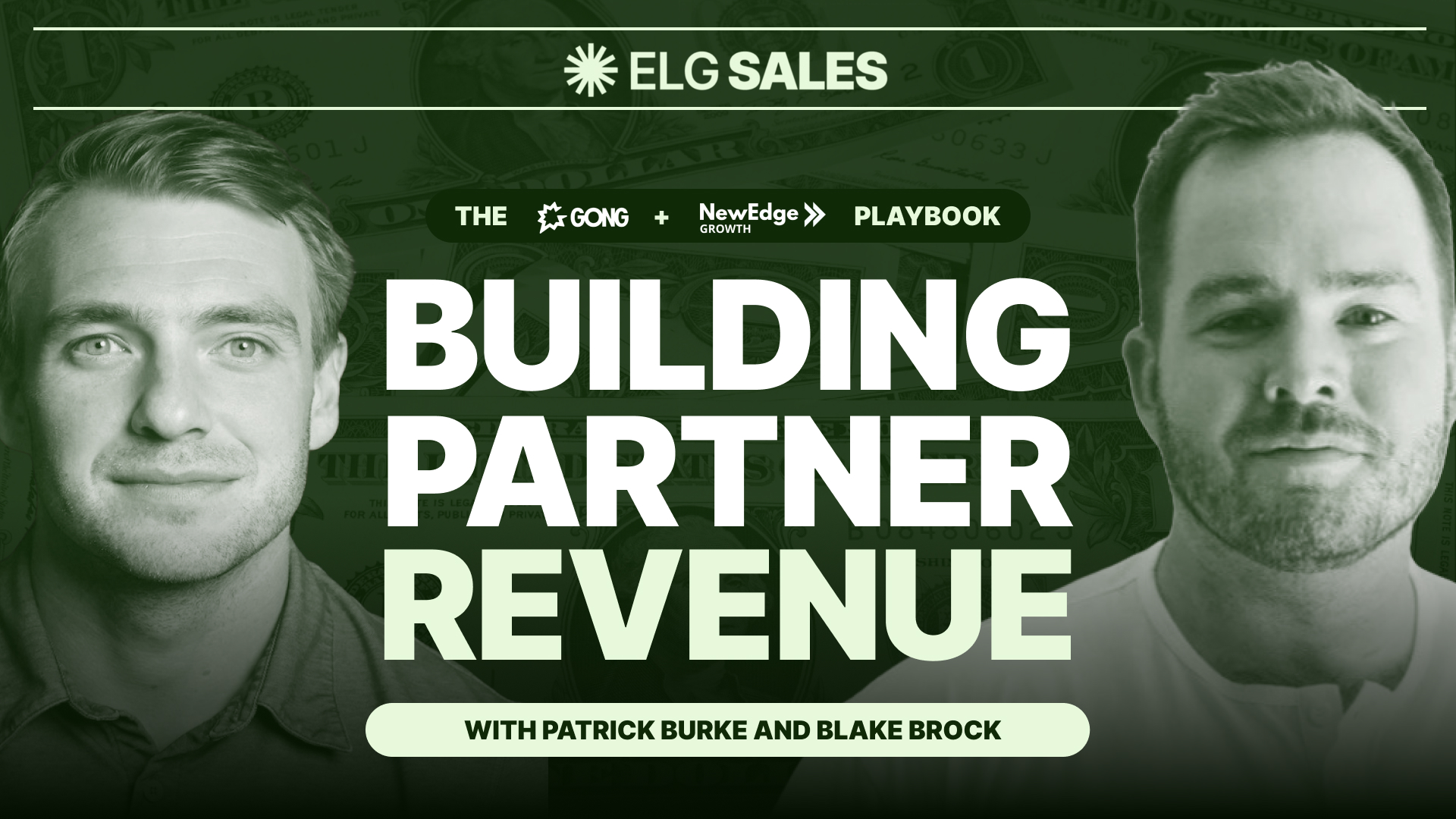
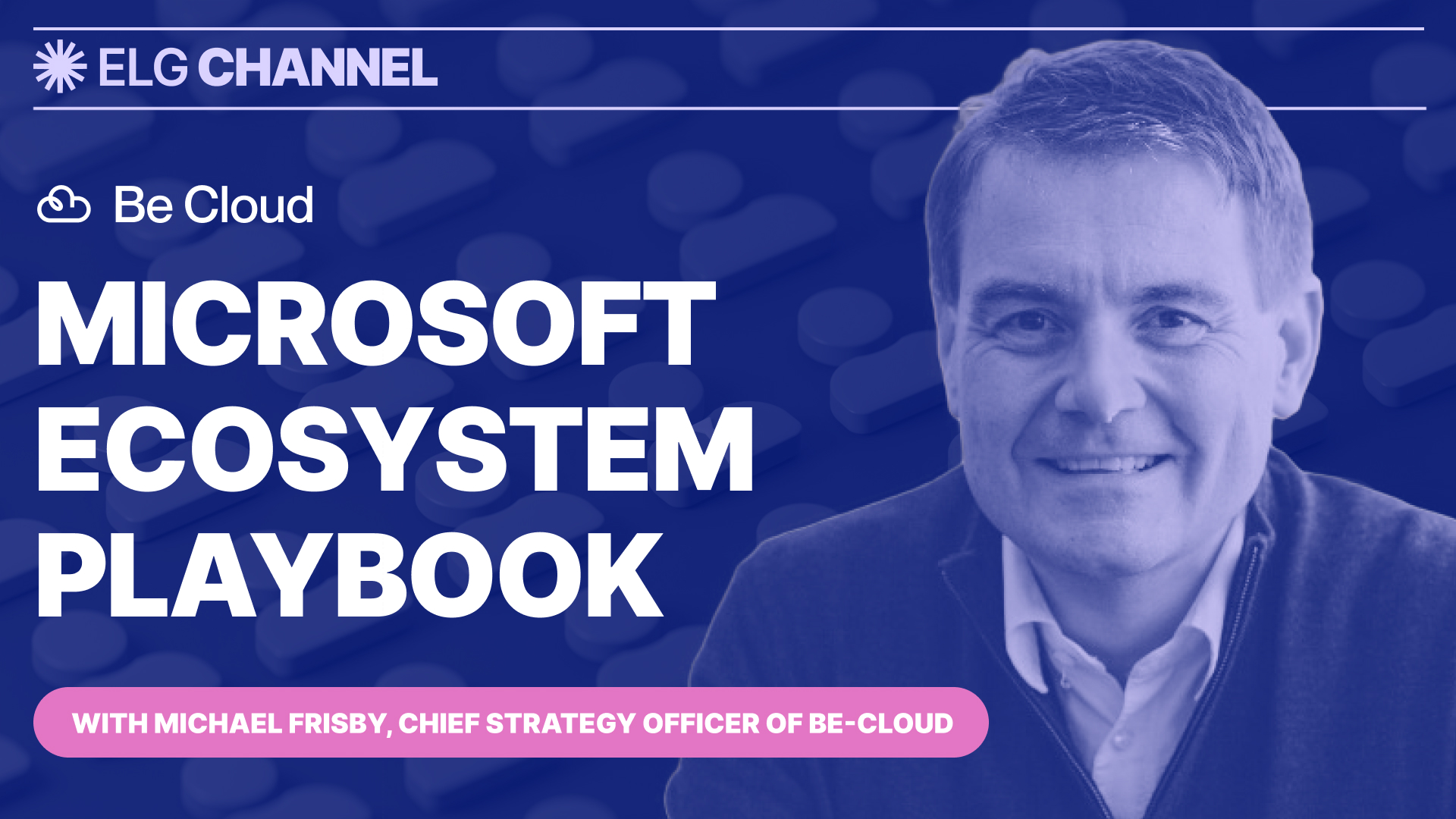
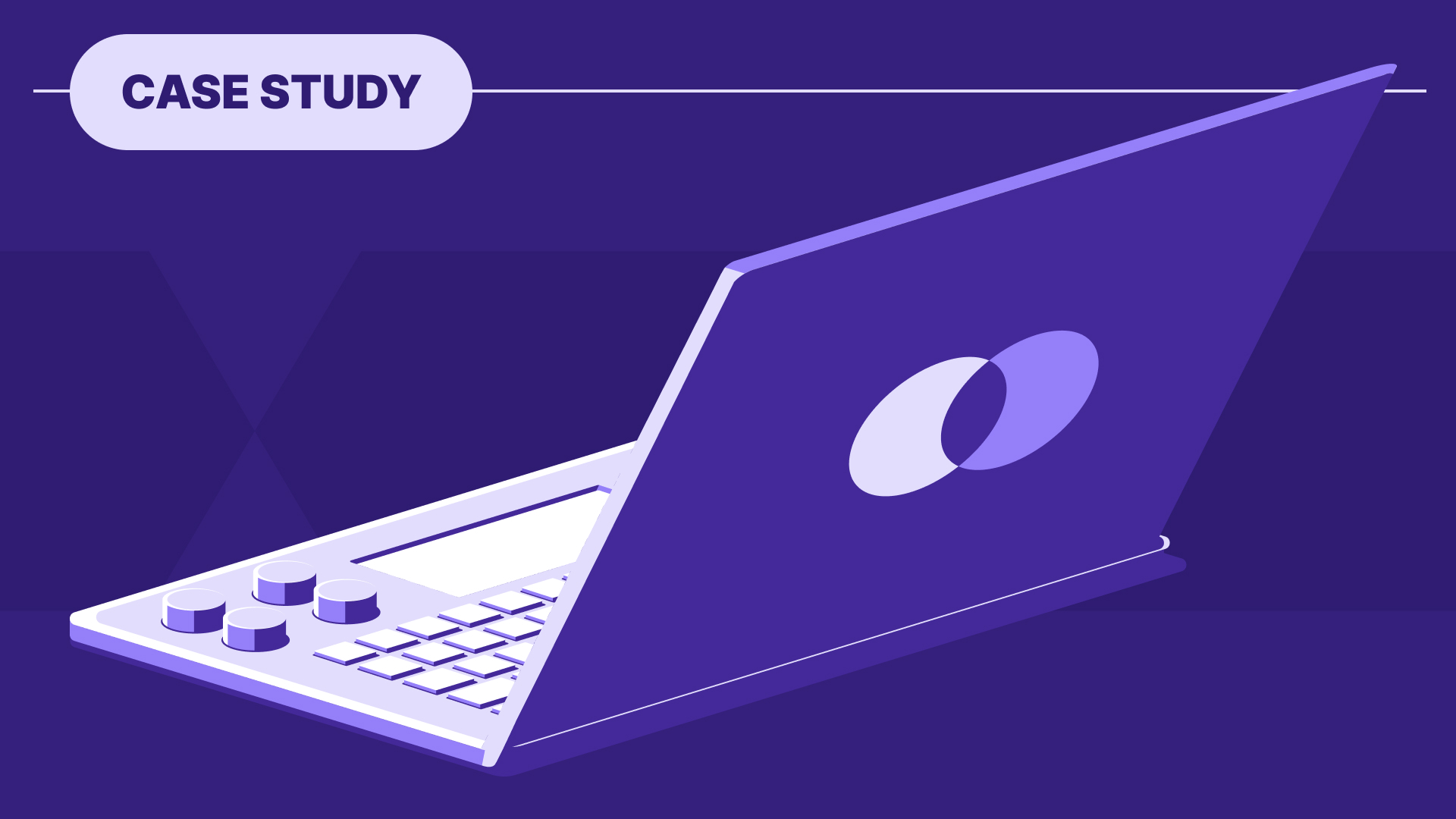
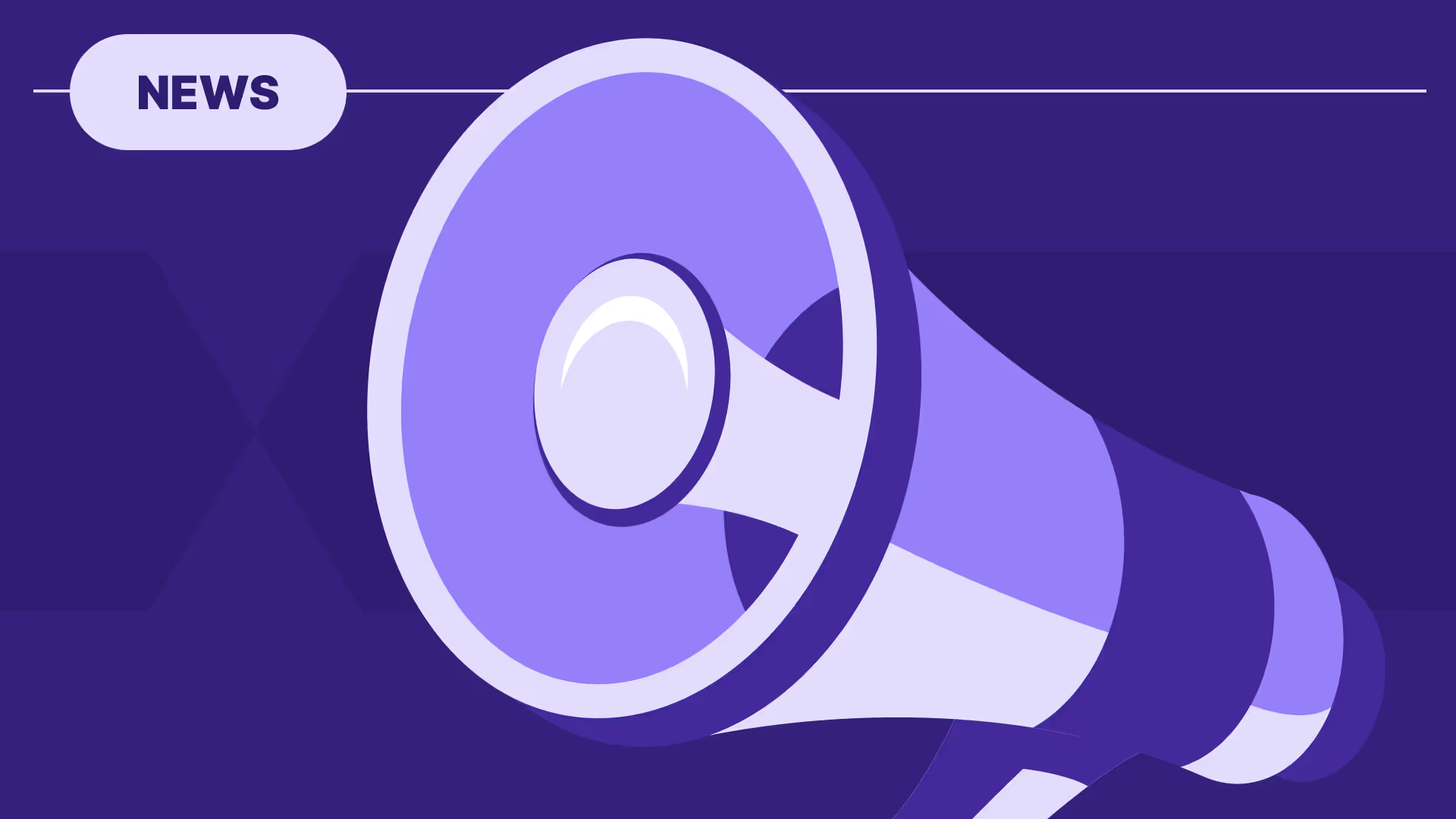
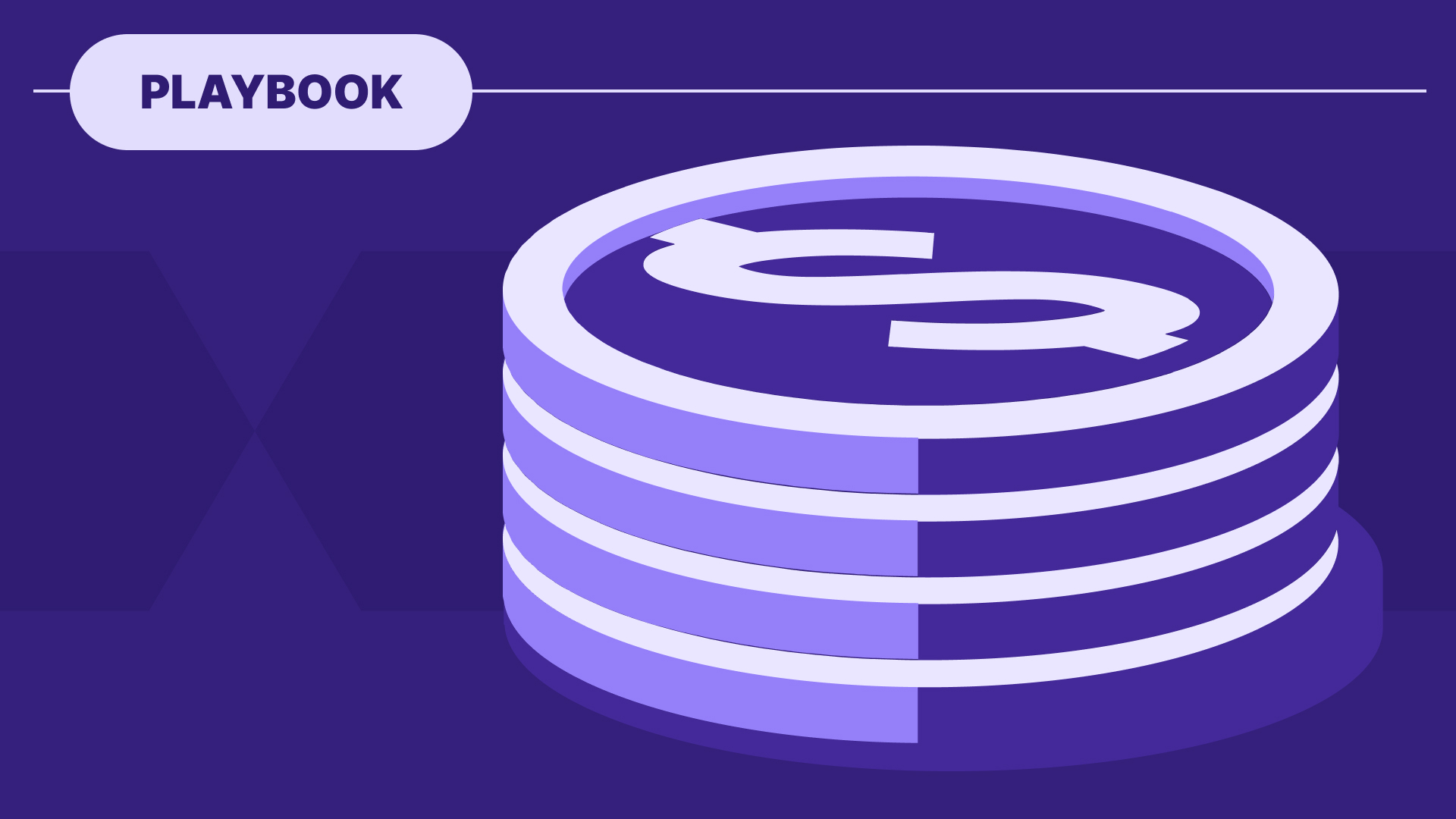

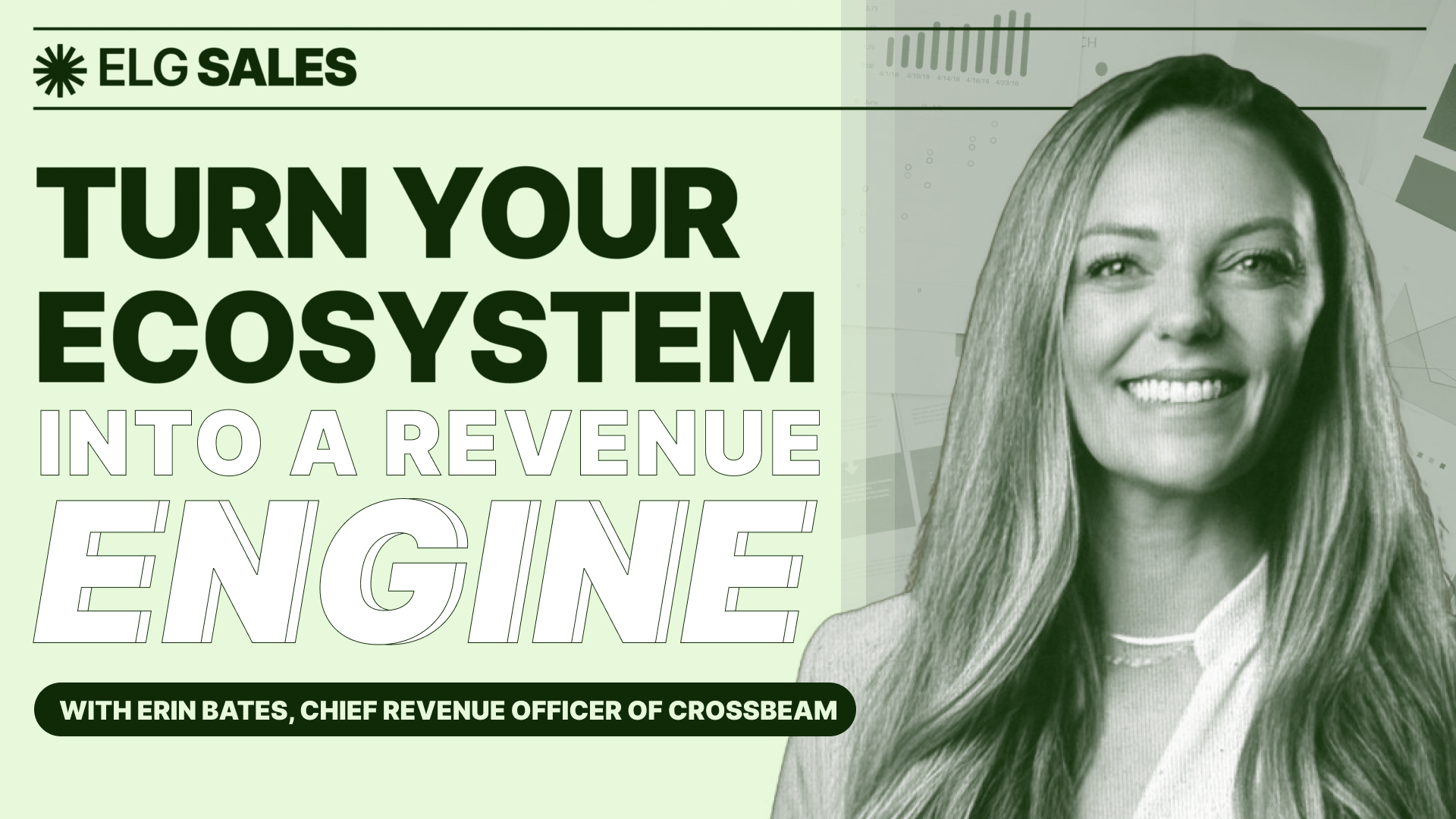
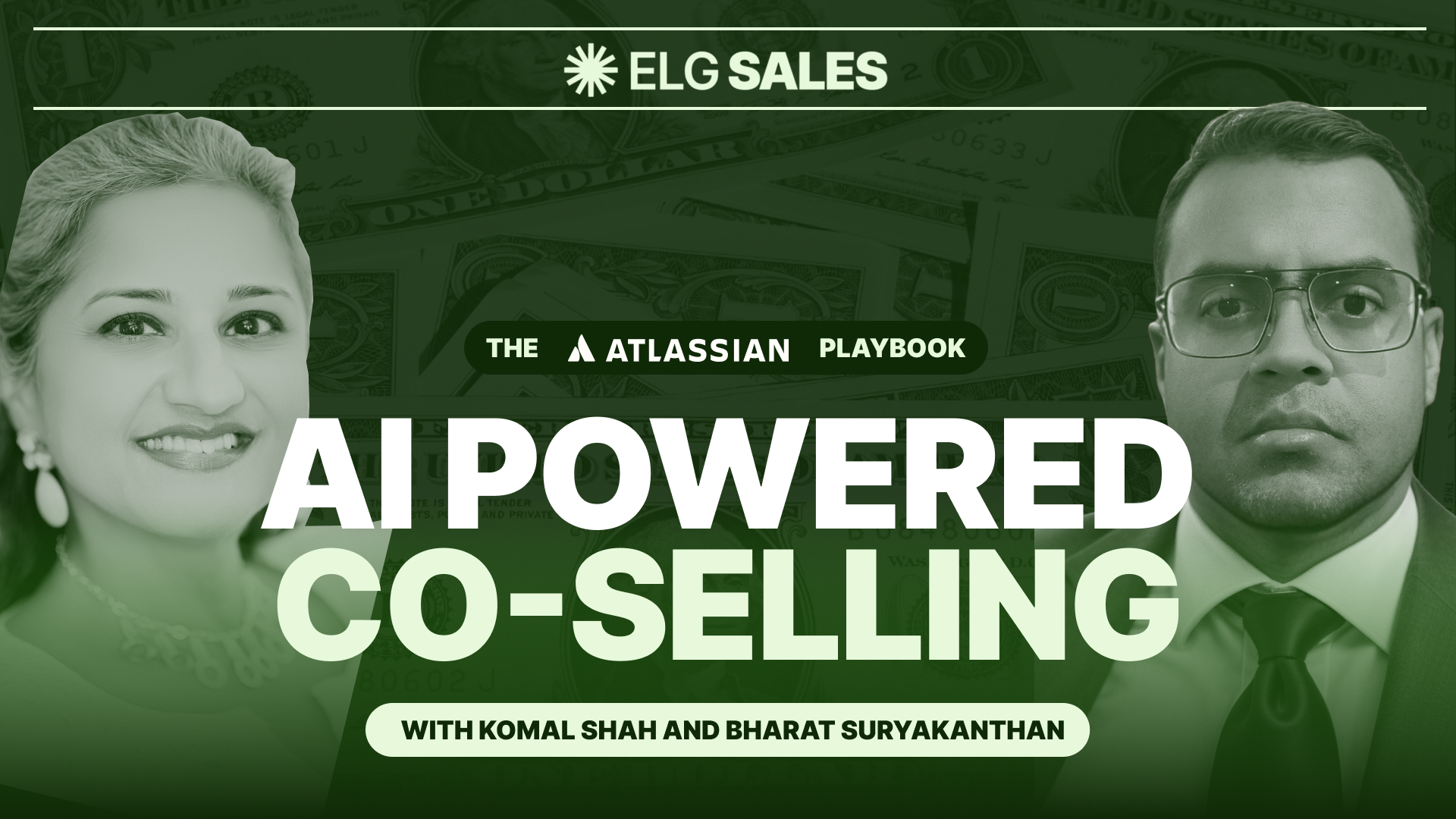
.jpg)
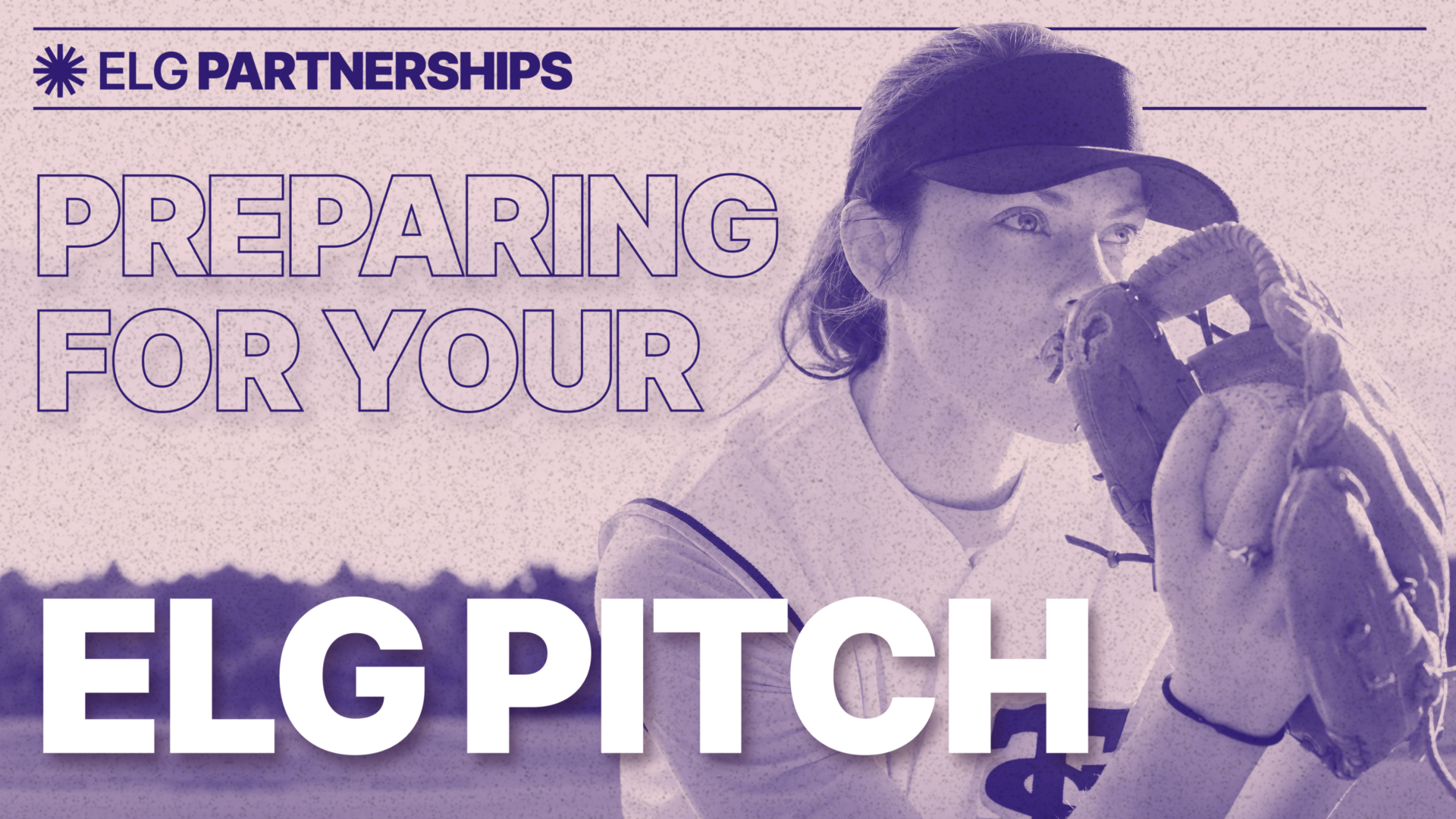

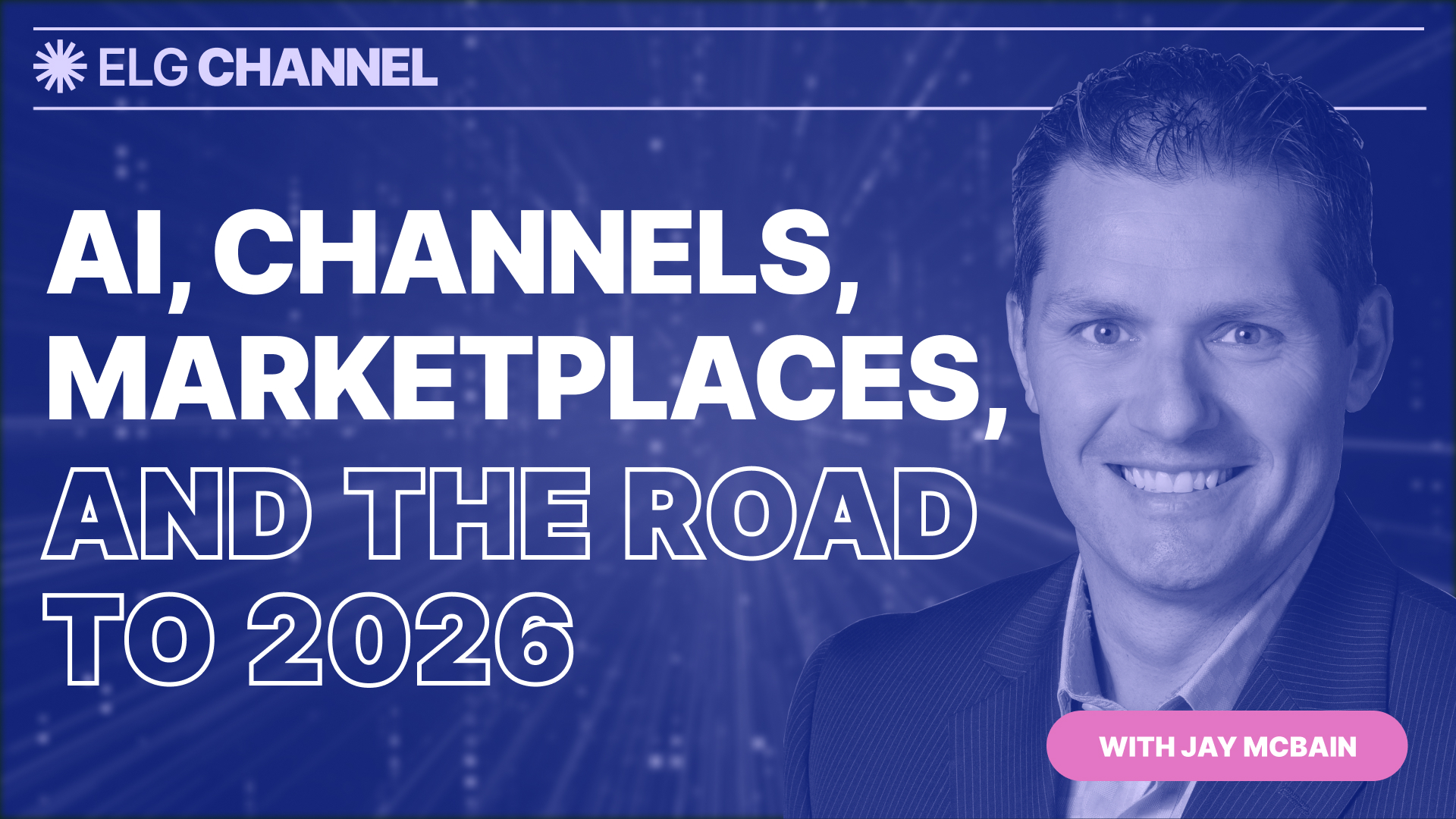
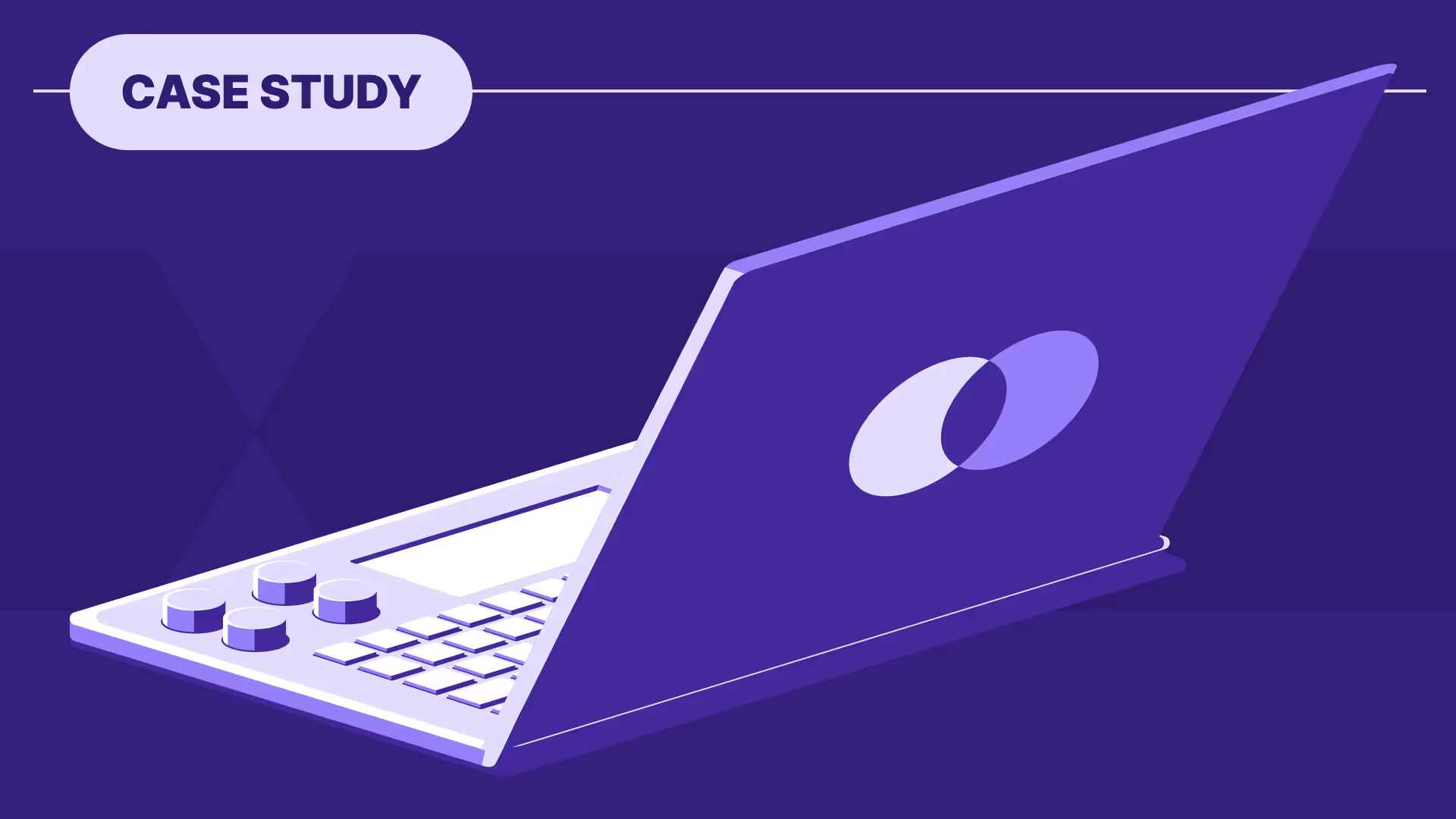
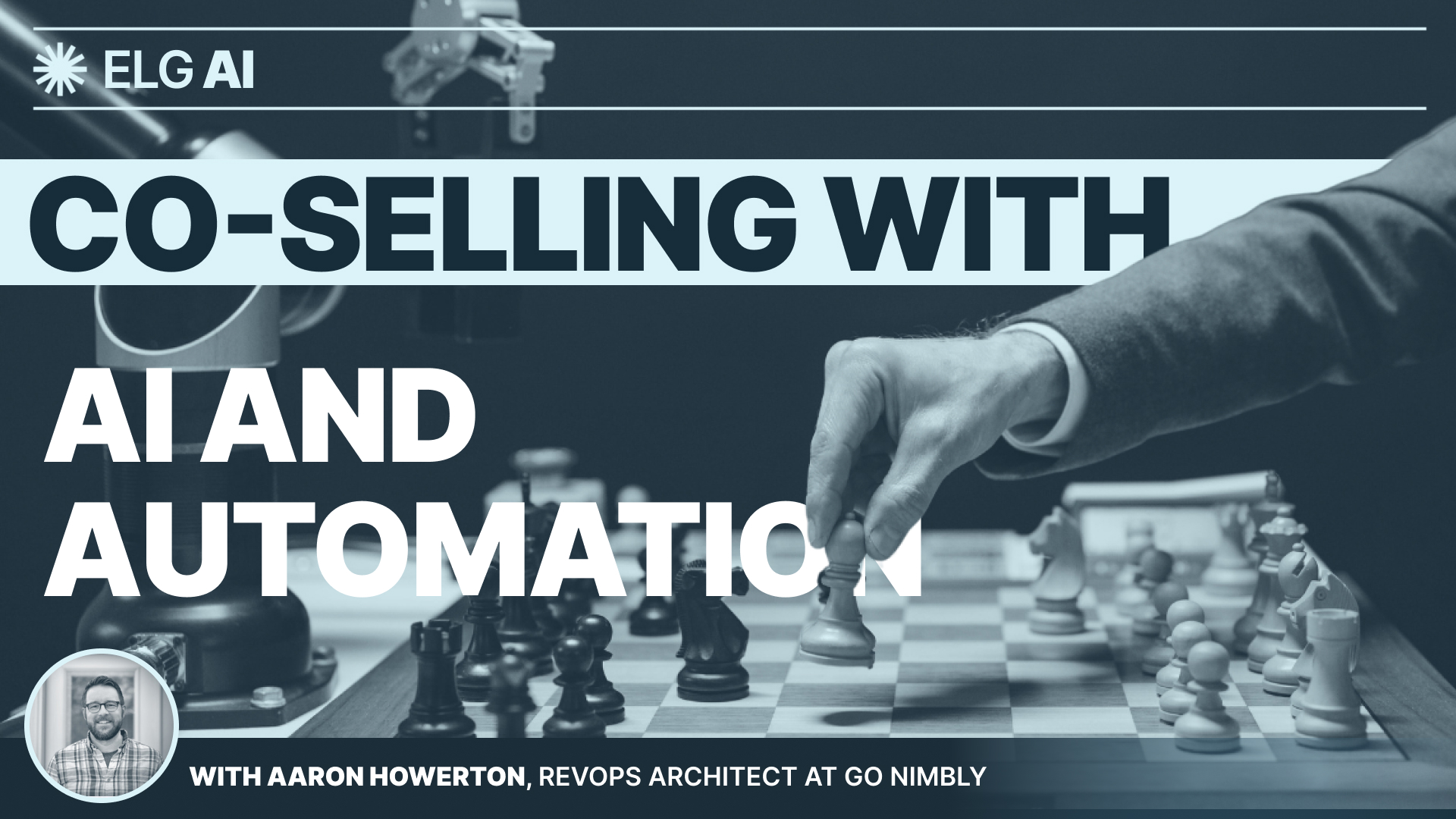
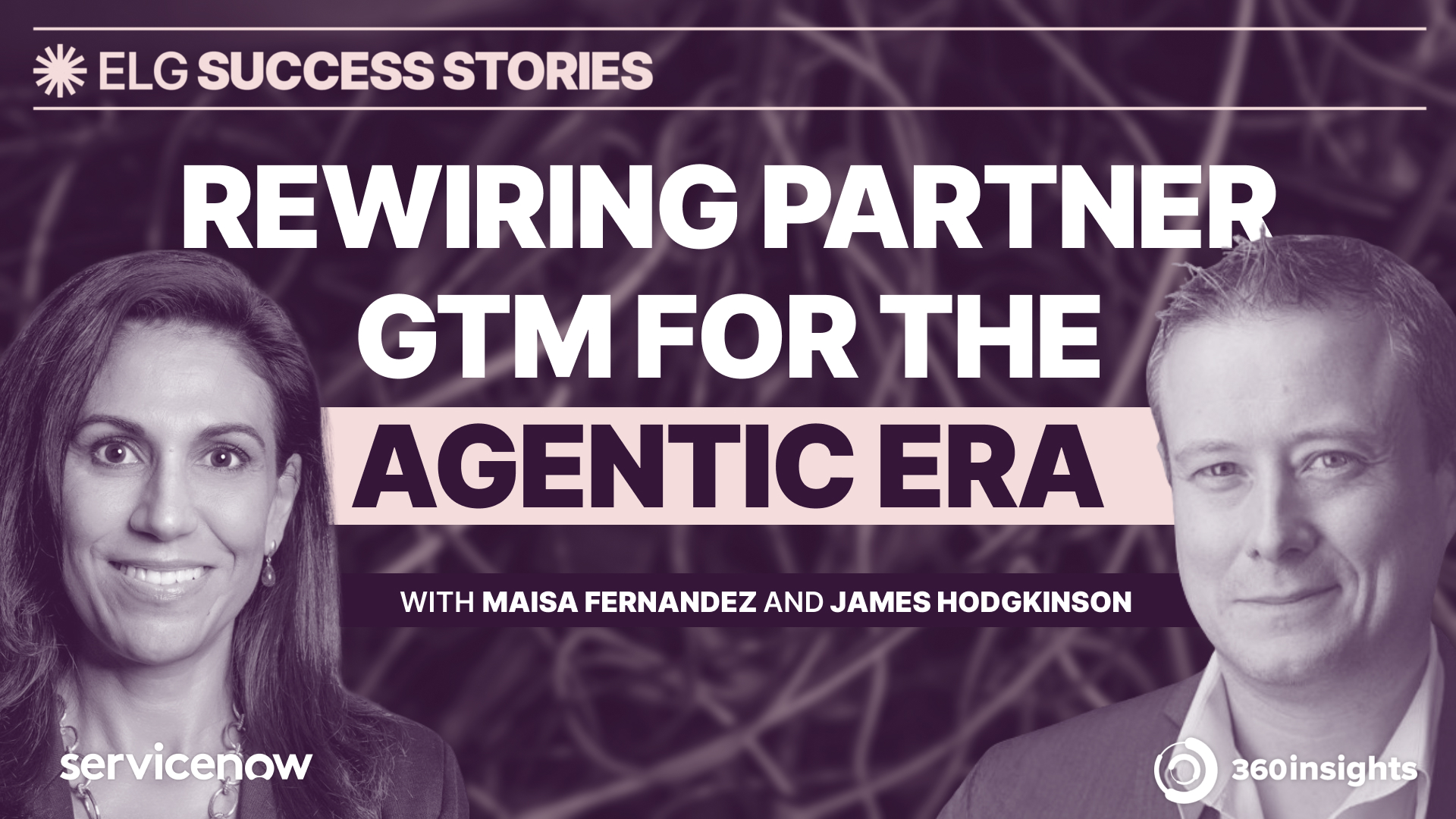
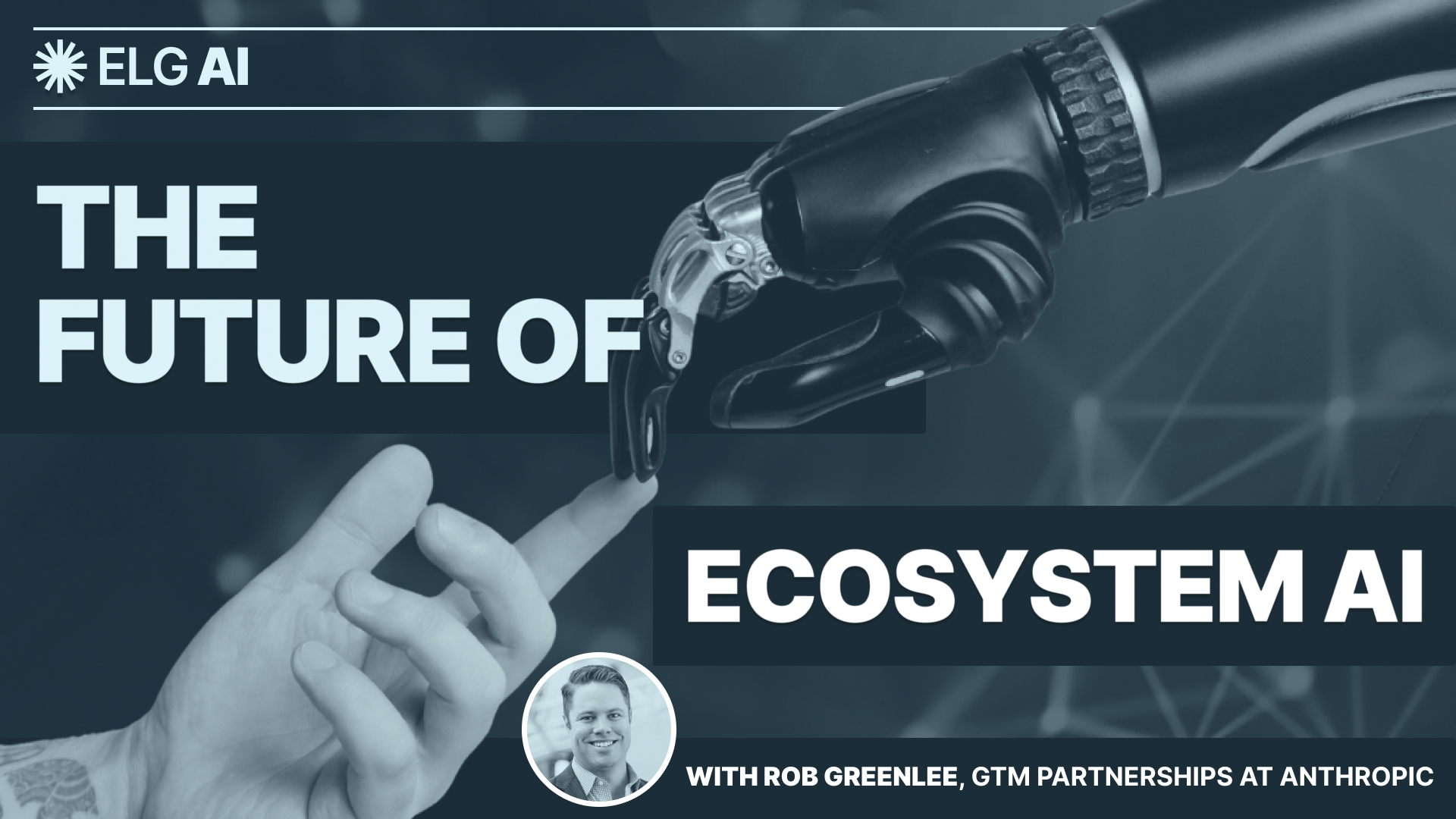
%20(1).jpg)
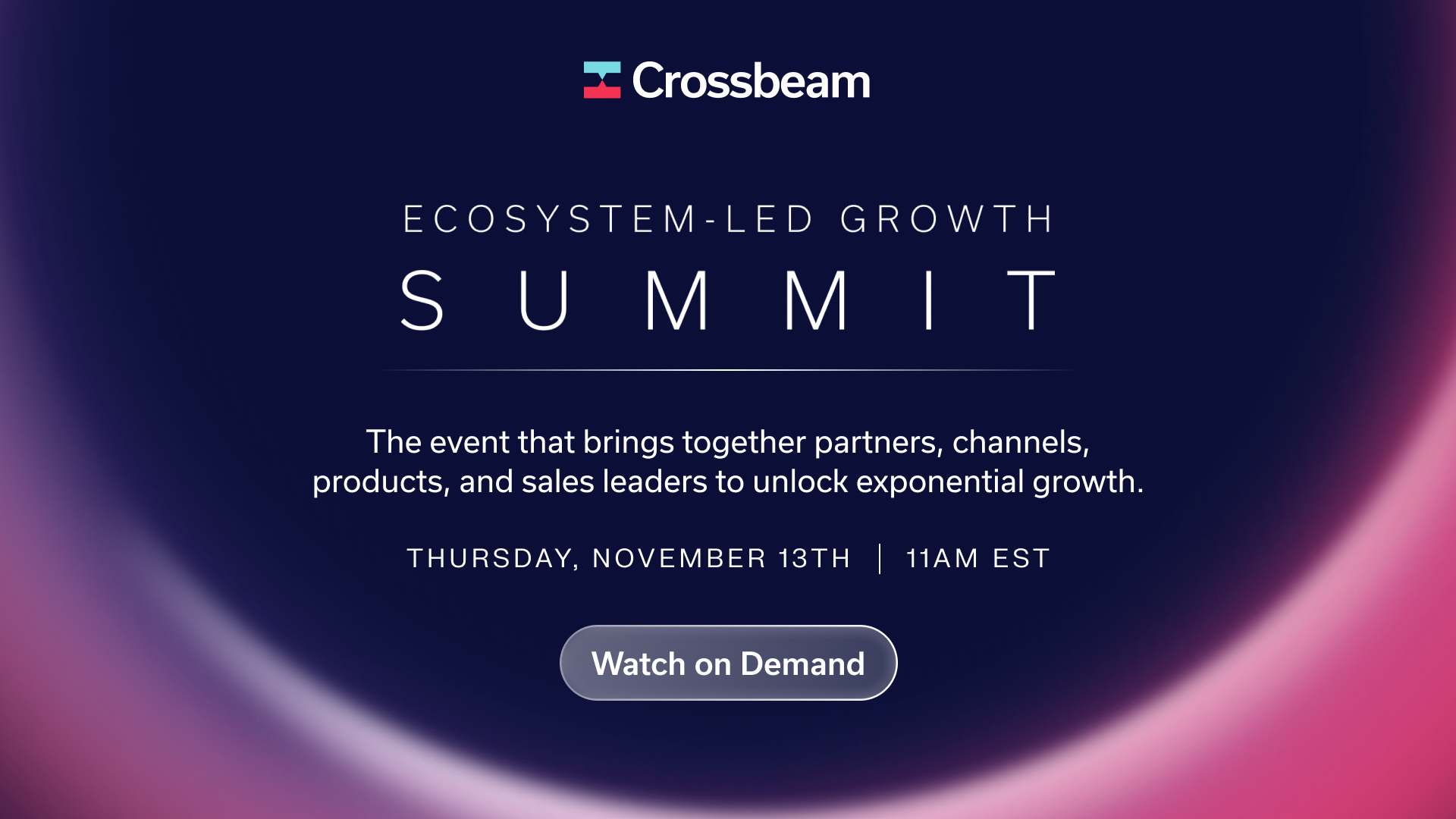

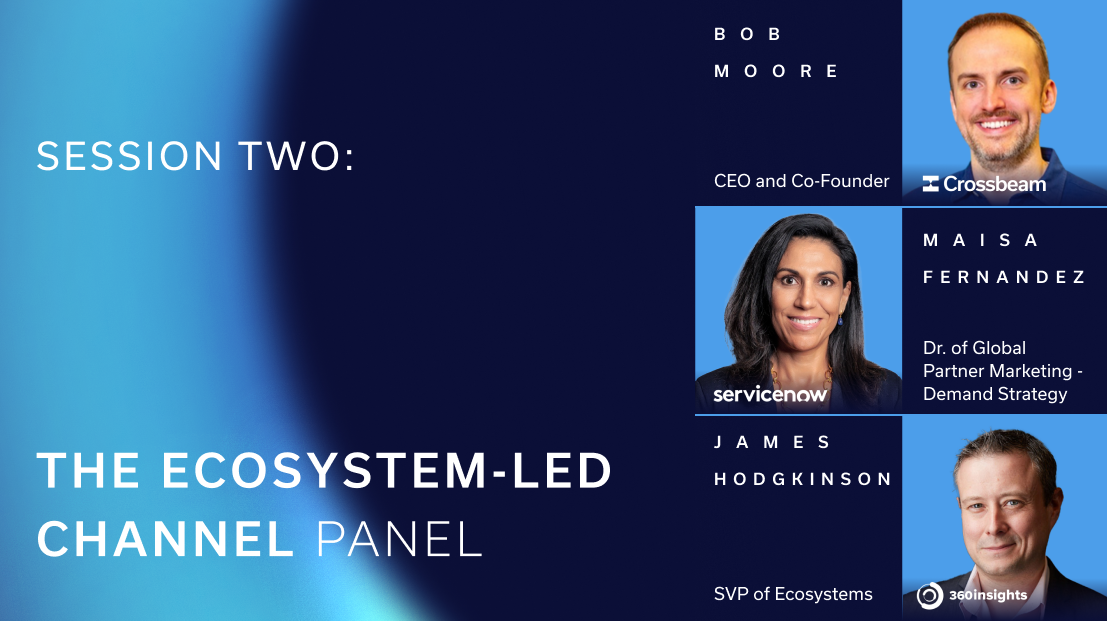
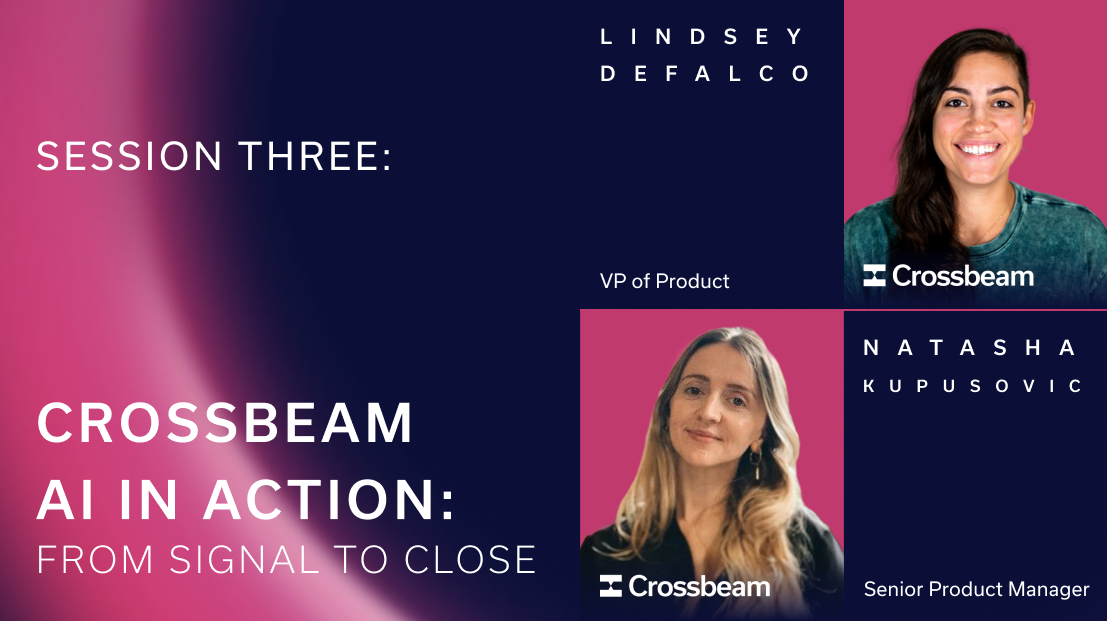

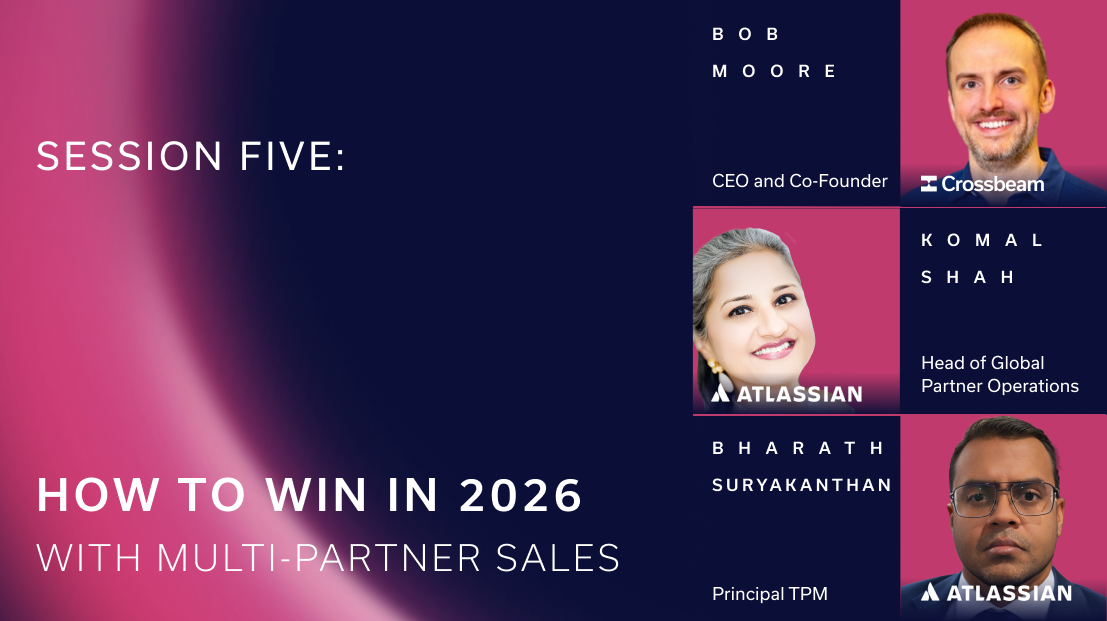
.png)
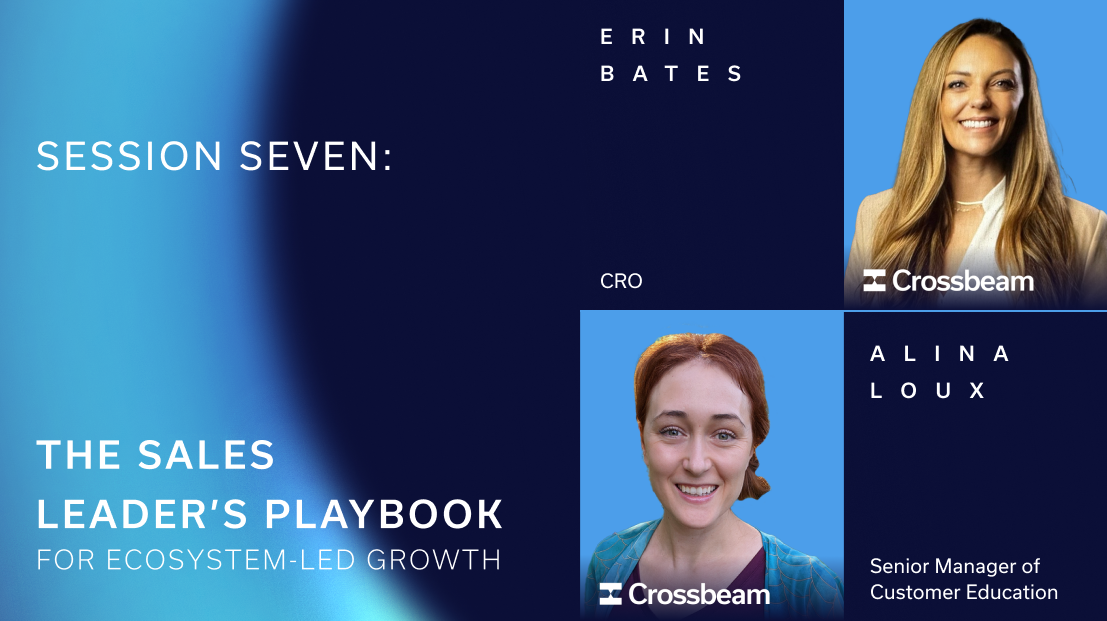





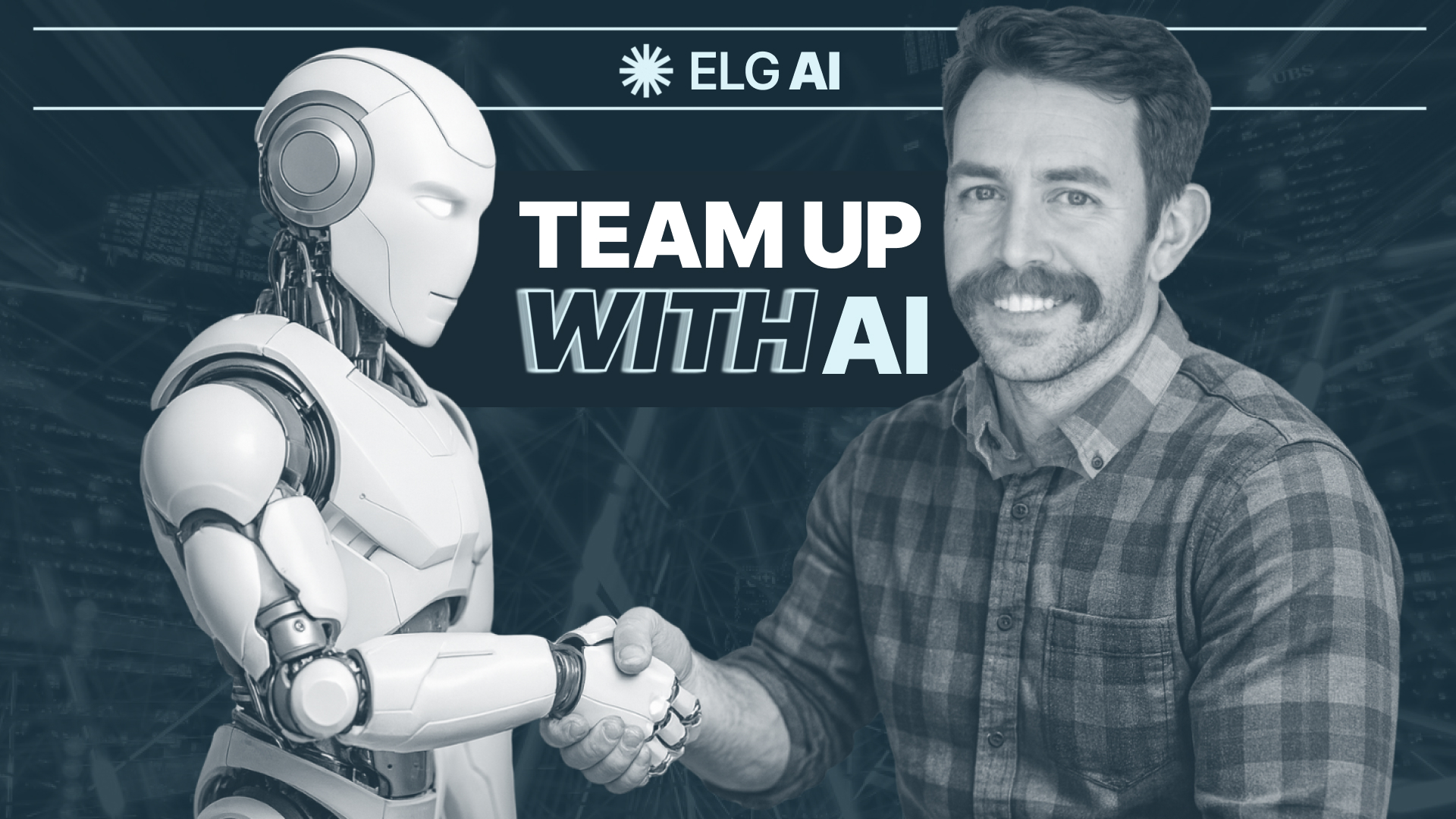





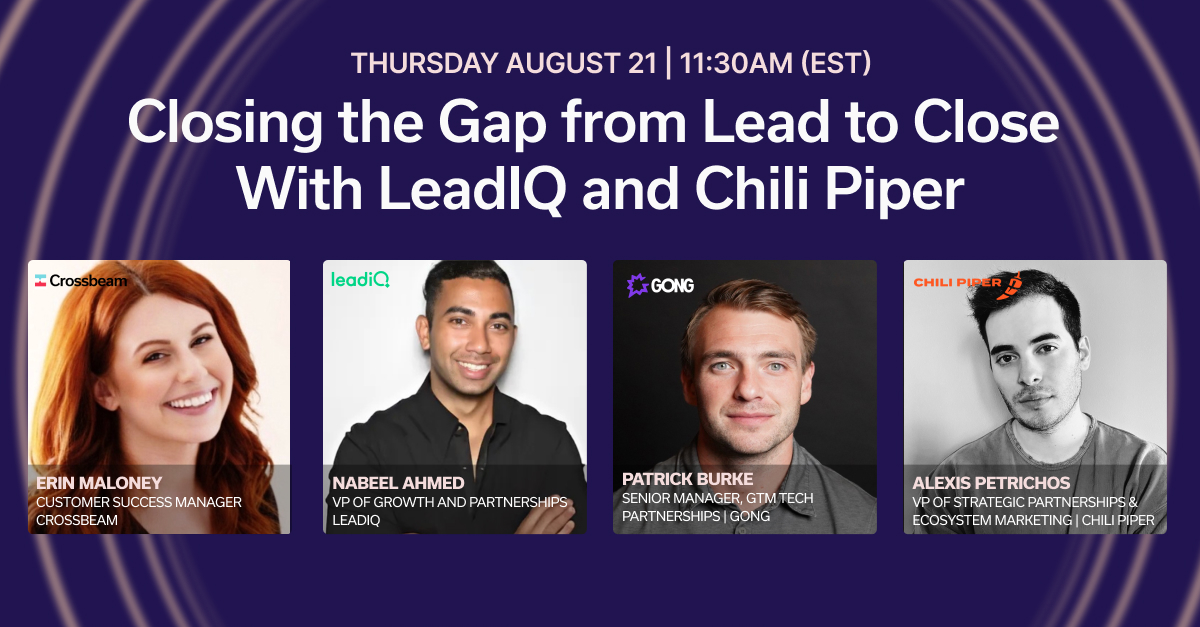

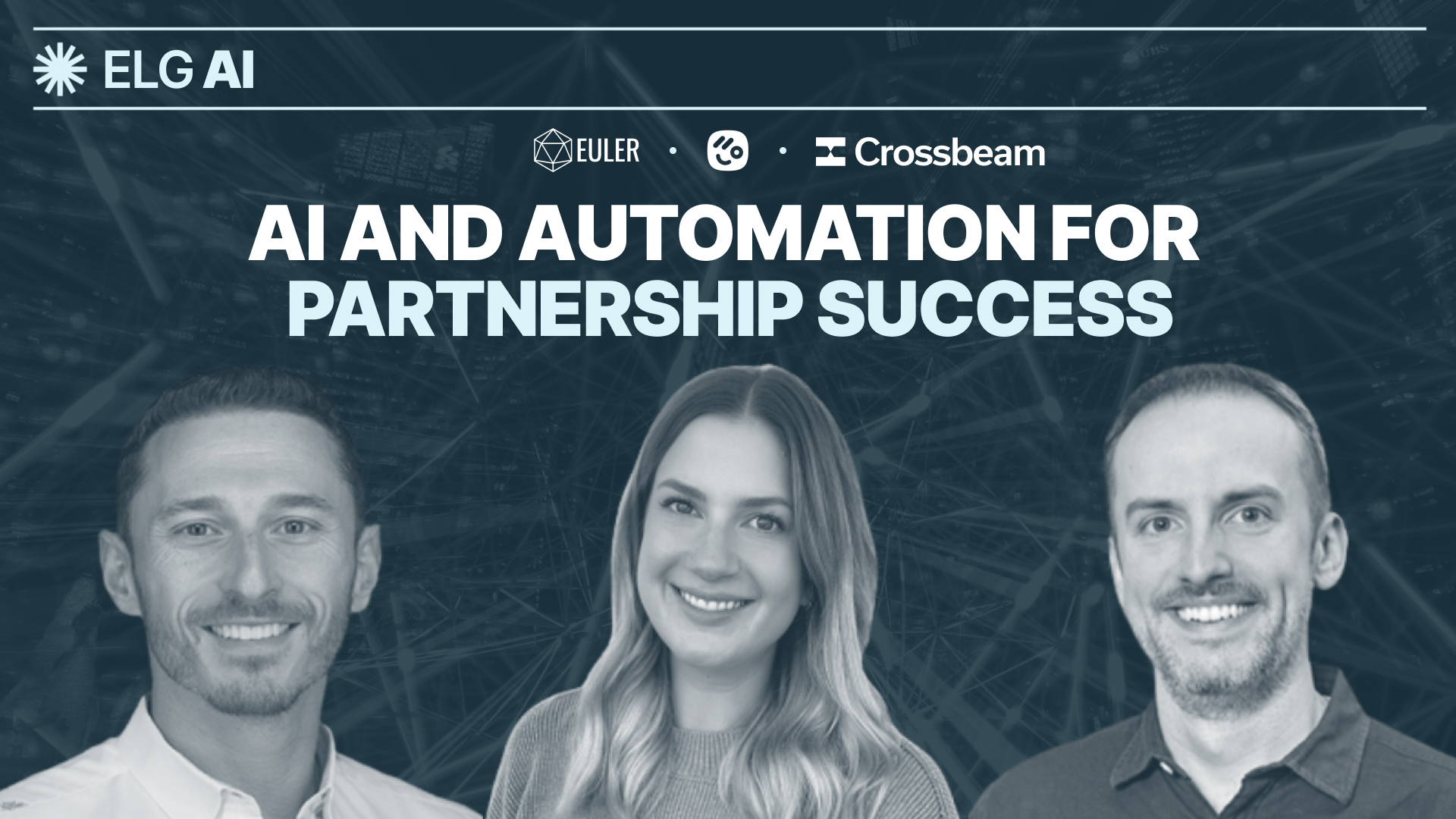
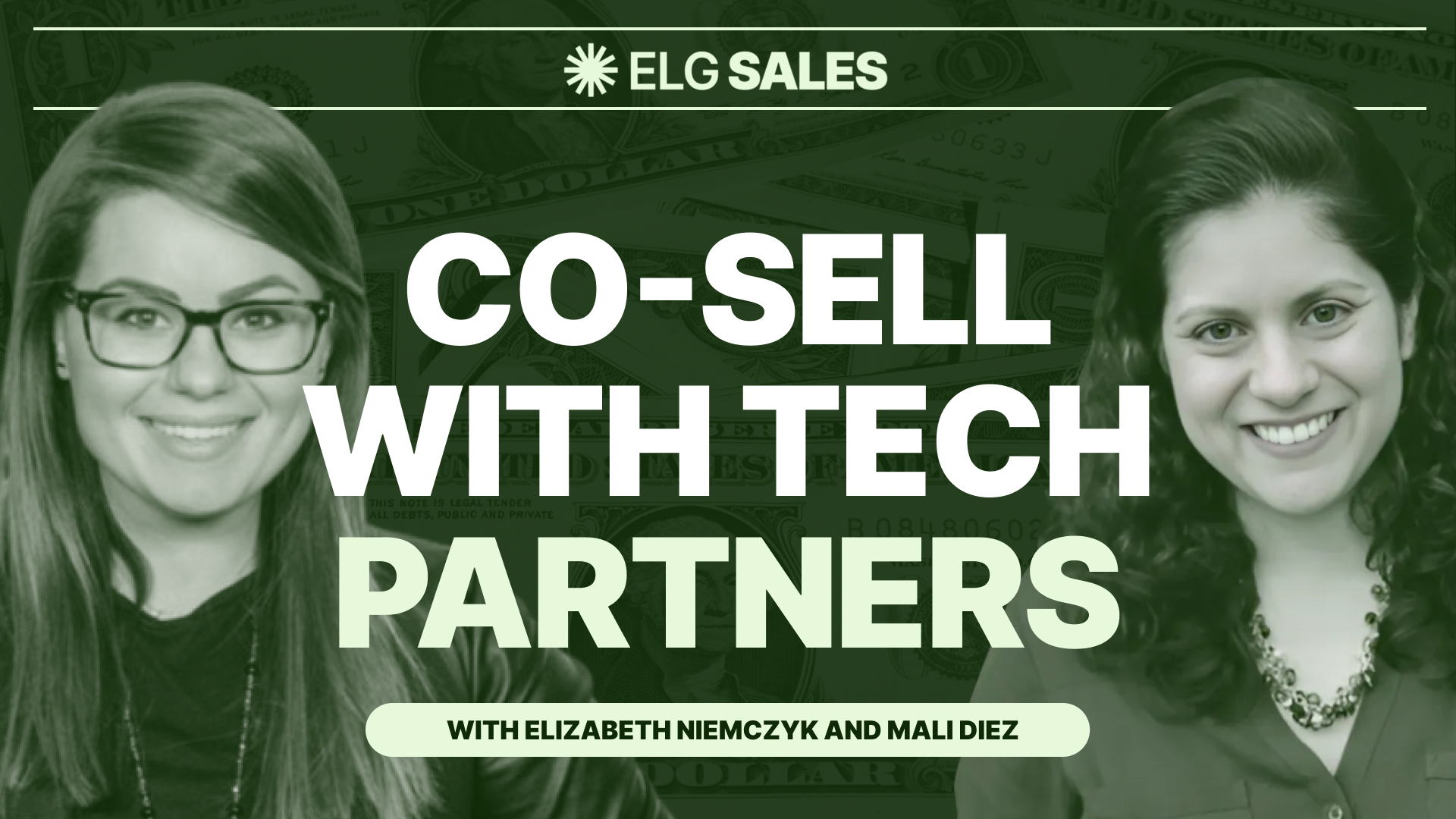
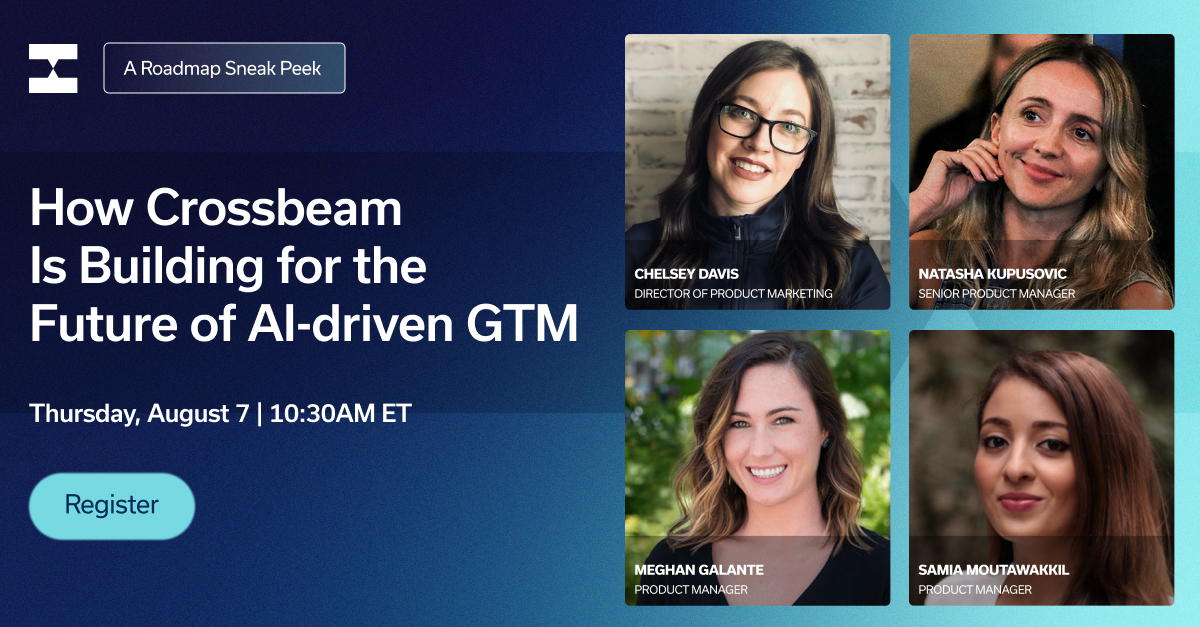
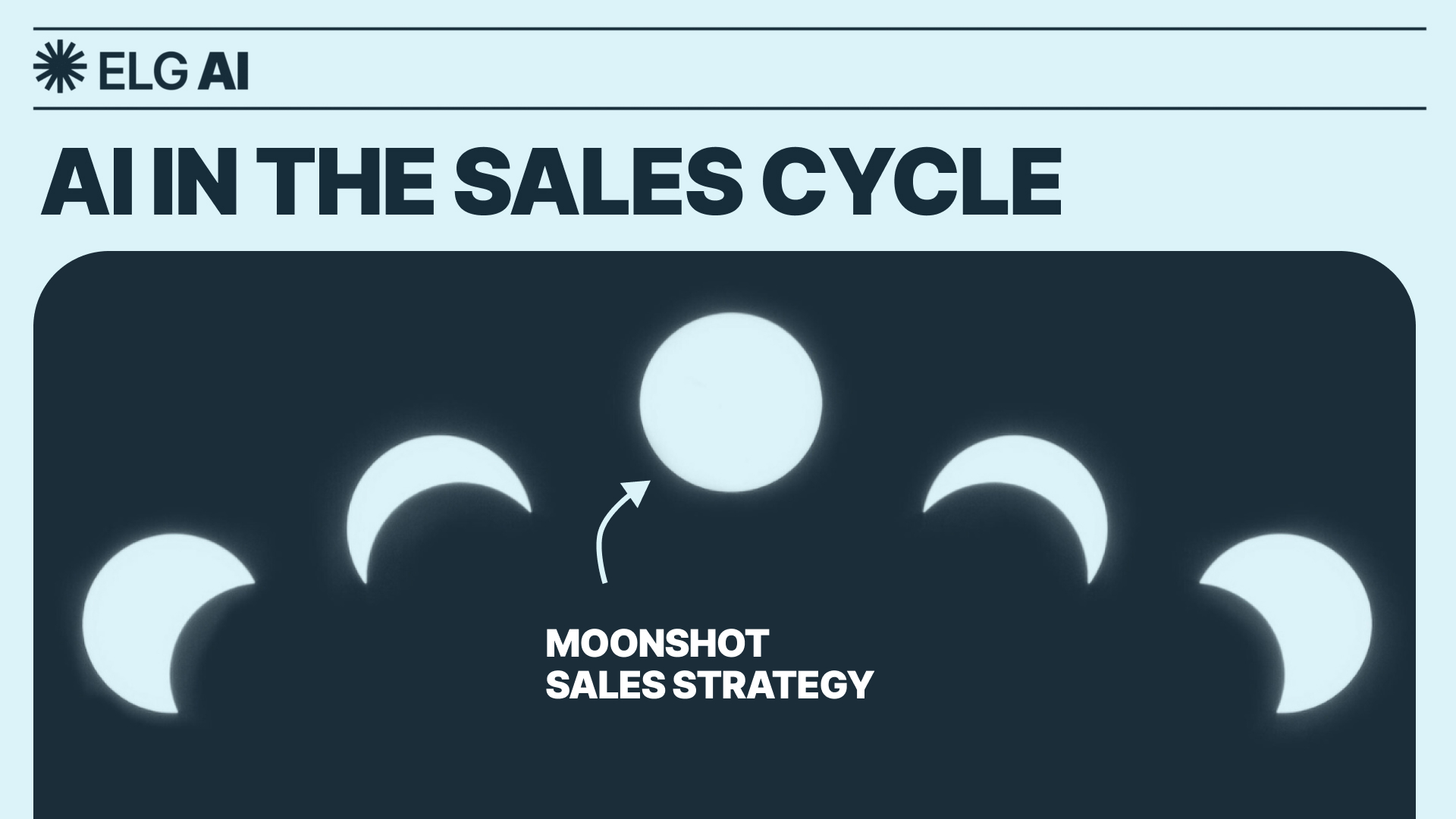
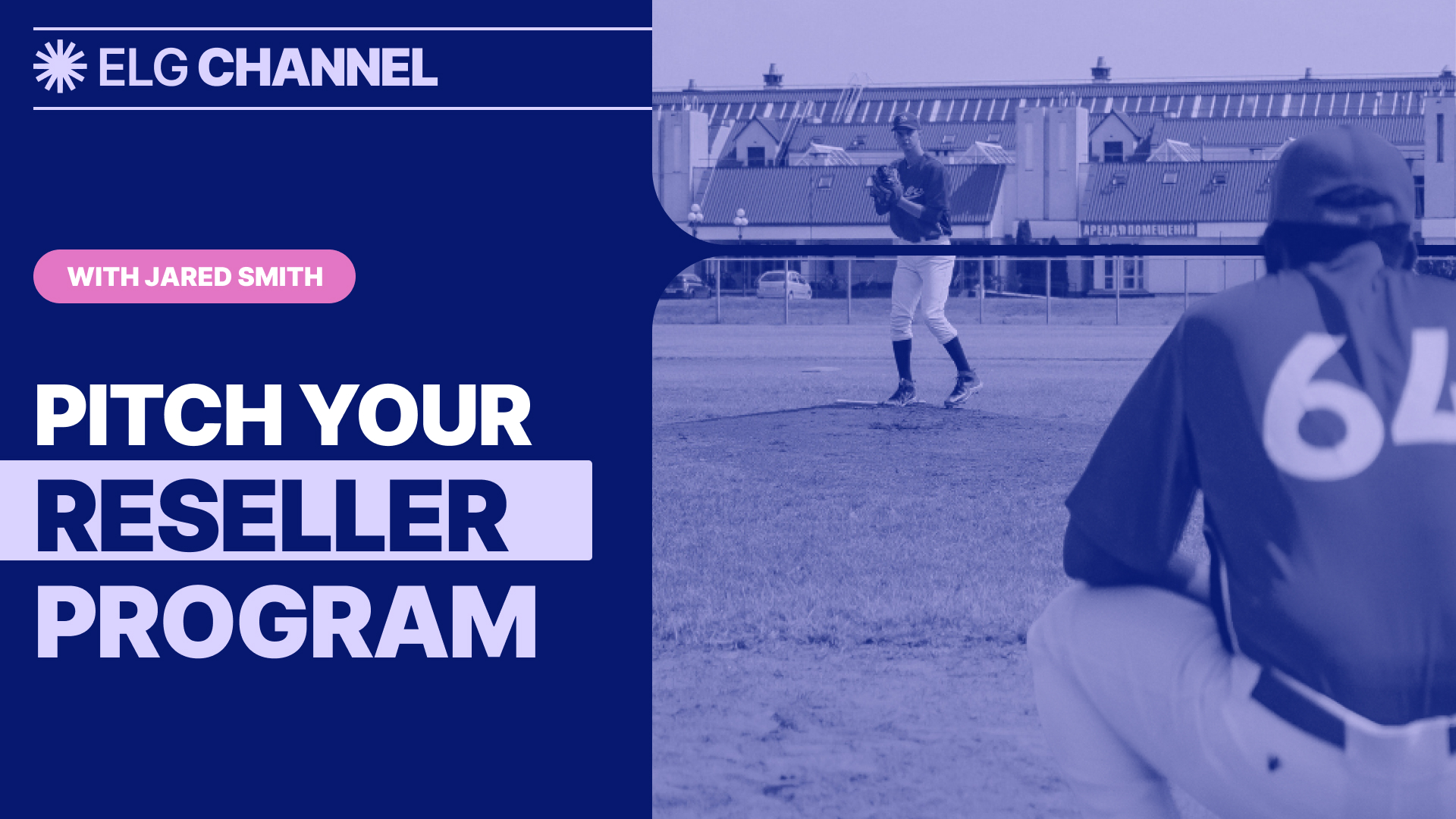
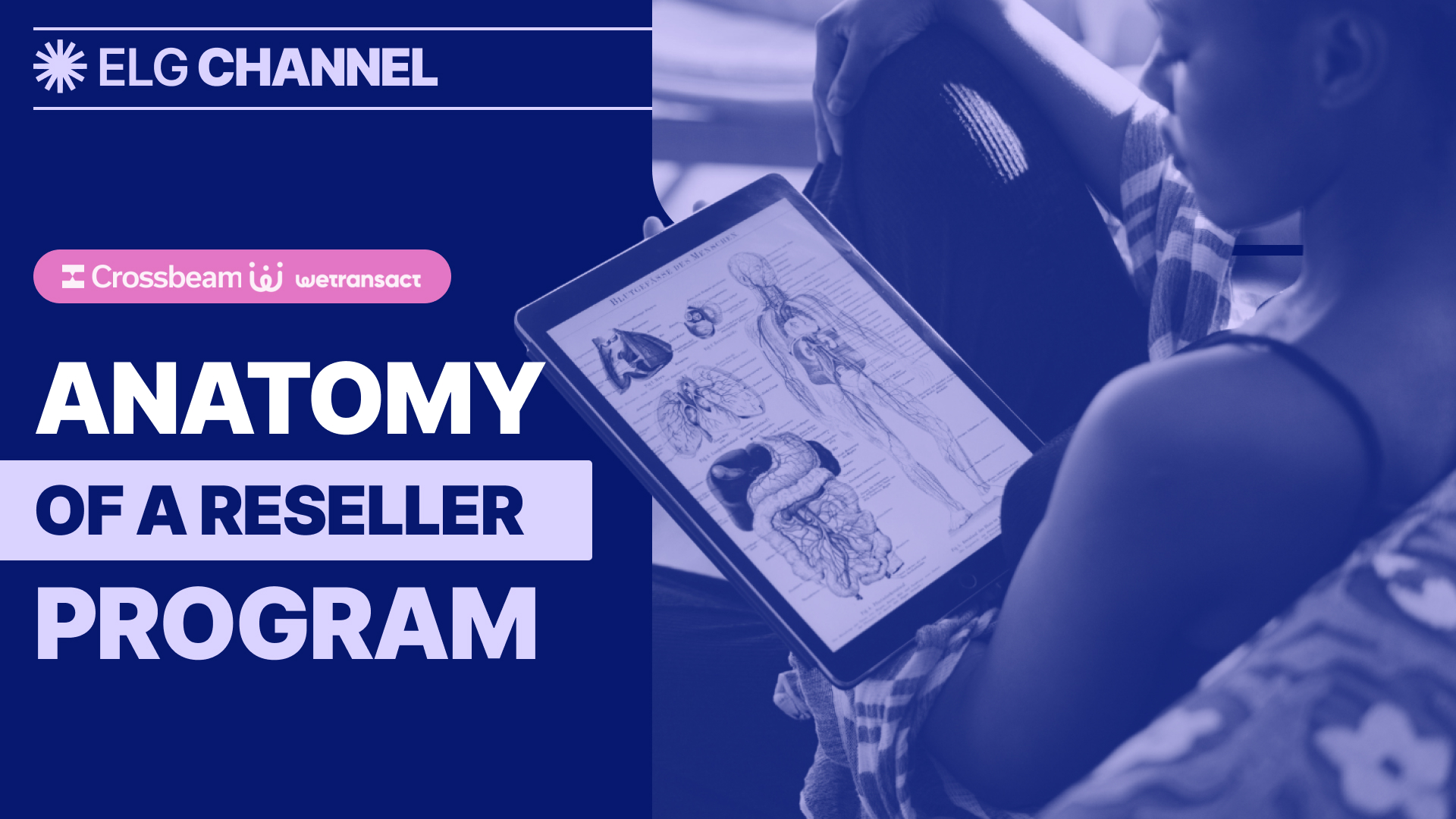
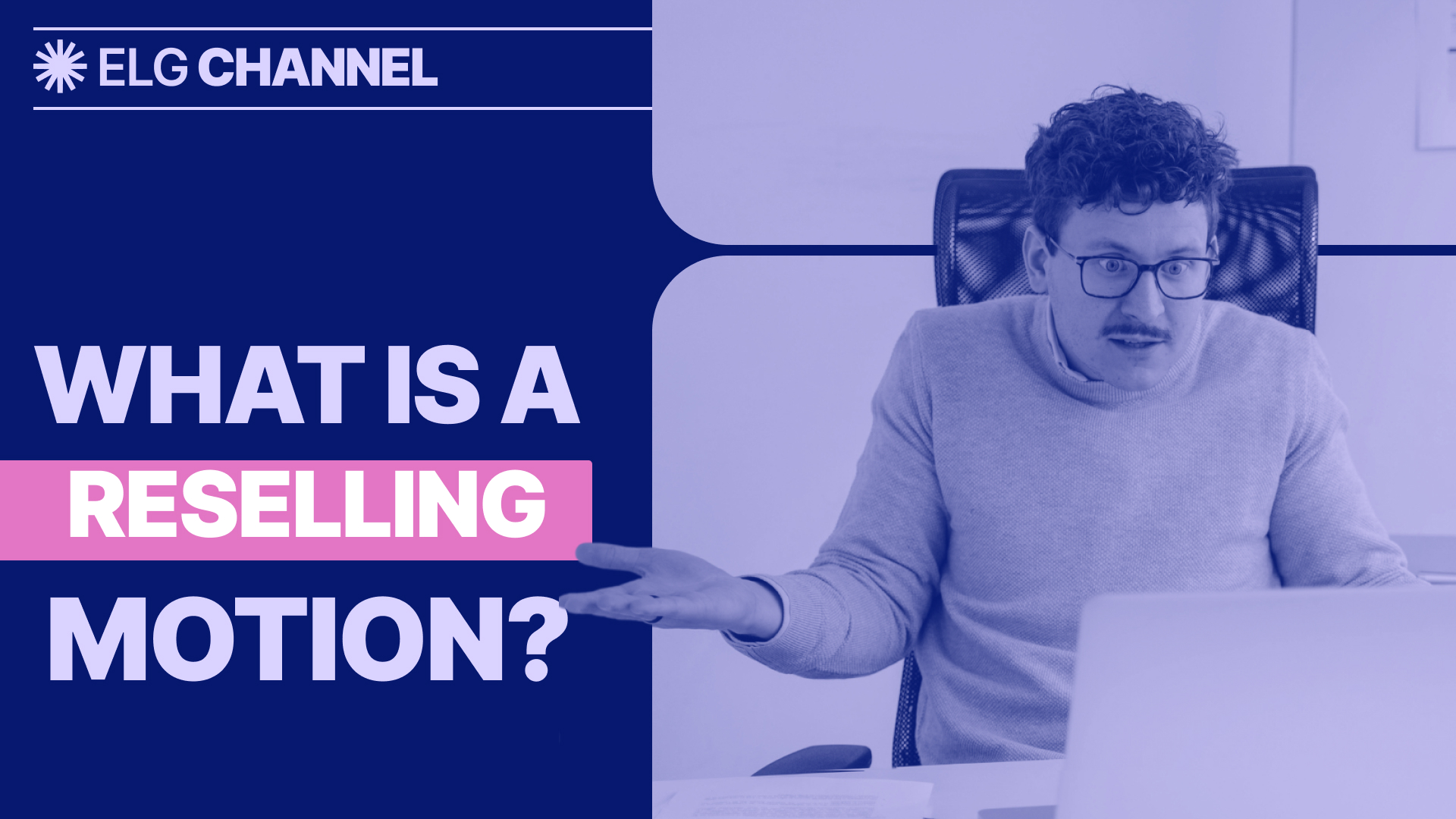
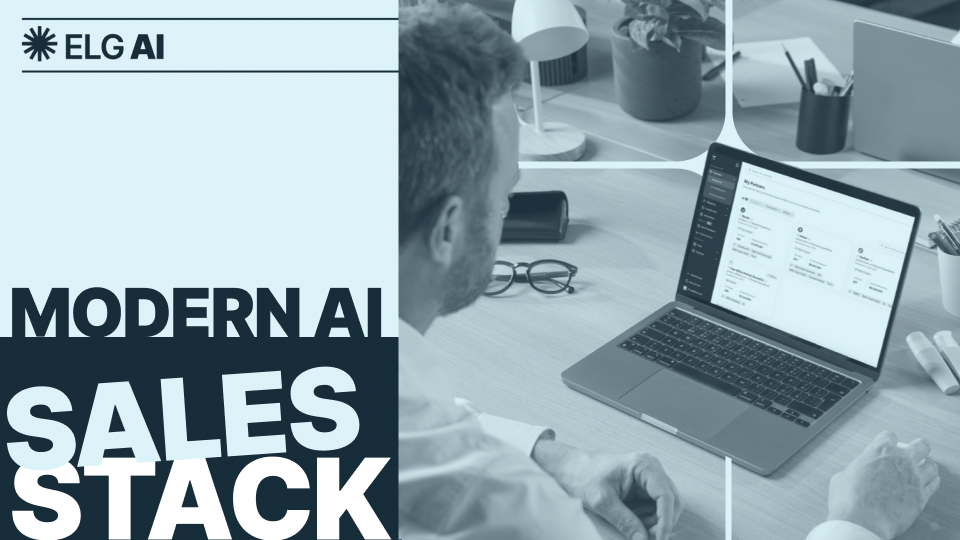






.jpg)




.png)



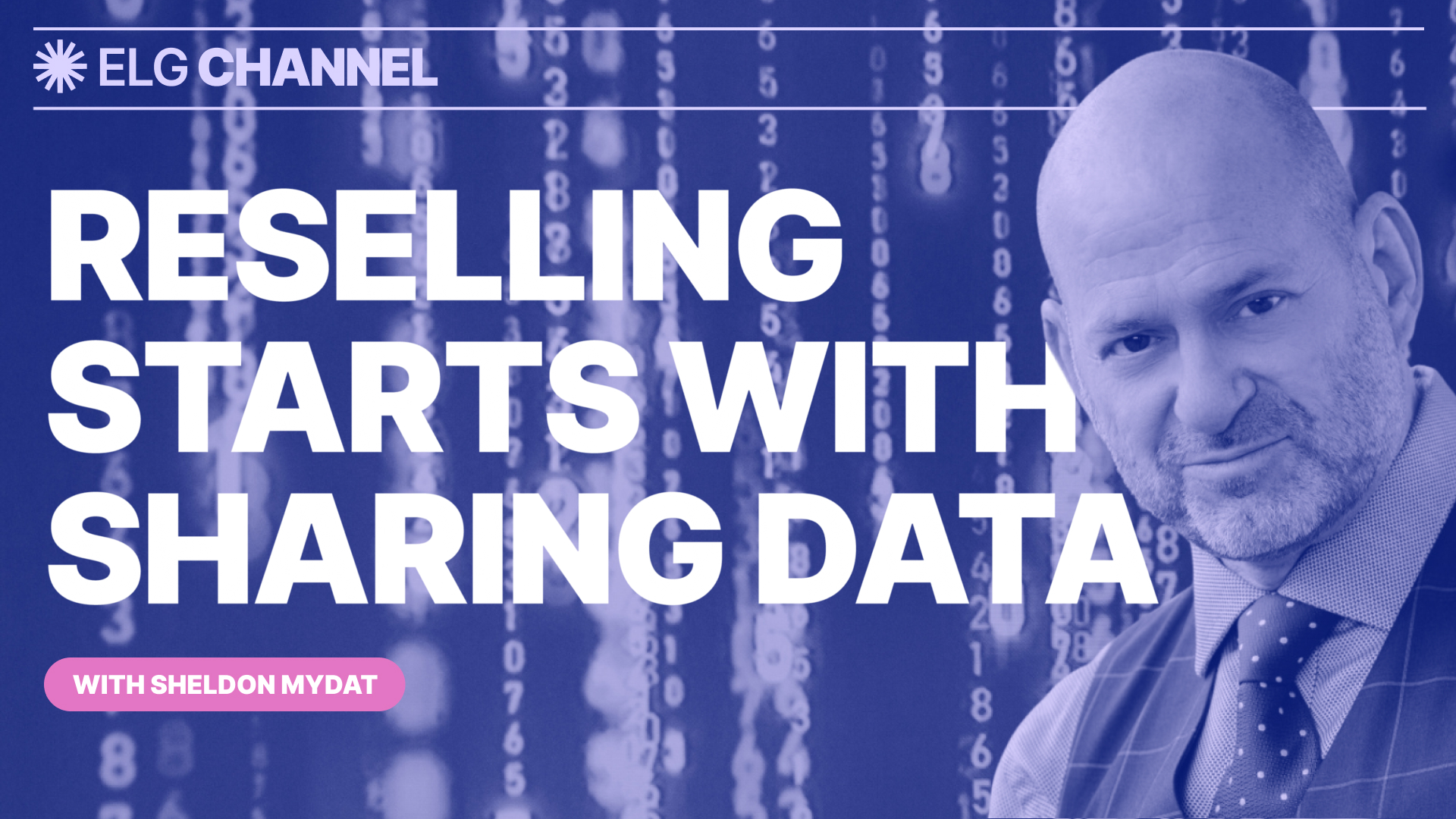


.jpg)





.jpg)

.webp)

















